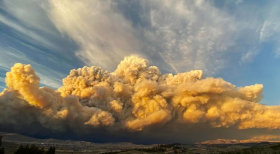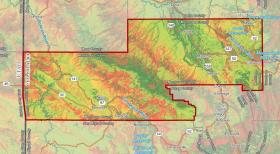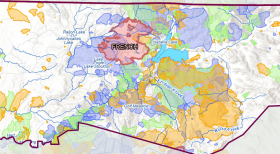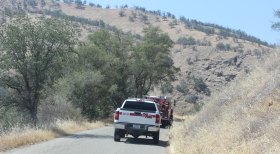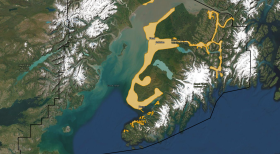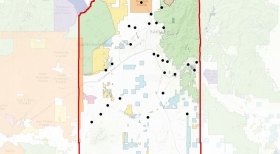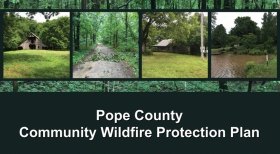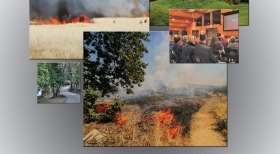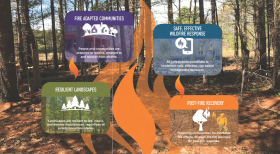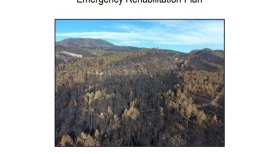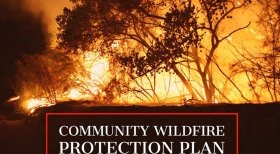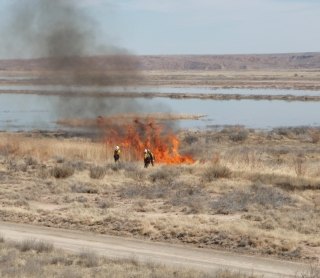
With nearly two decades of experience in wildfire sciences, SWCA is a recognized expert in the United States.
We emphasize collaboration with federal, state, and local government agencies, non-governmental agencies, private industry, and communities. Successful resilience in the face of climate-driven wildfires requires planning ahead for all stages of the wildfire cycle: readiness, response, recovery, and restoration.
Our wildfire mitigation and management experts provide a full suite of services and customized plans to meet both large-scale regional needs and those of small communities aligning with the National Cohesive Wildland Fire Management Strategy.
See more in-depth project examples on SWCA’s Wildfire Services StoryMap.
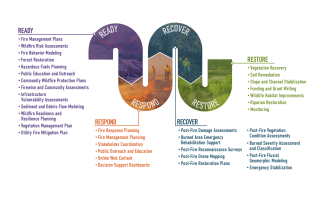
Relevant Services
Planning
- Community Wildfire Protection Plans
- Fire Management Plans
- Utility Wildfire Mitigation Plans
- Public Involvement and Community Outreach
- Stakeholder Engagement
- Workshops and Training
Inventory and Assessment
- Fire Risk Assessments
- On-the-Ground Hazard and Risk Assessments
- Fuel and Vegetation Mapping and Inventories
Mitigation and Restoration
- Hazardous Fuels Reduction and Restoration
- Post-Fire Recovery and Restoration
- Natural Resource Surveys
- Cultural Resource Surveys
- Threatened and Endangered Species Surveys
Compliance and Management
- Environmental Assessments (EA)
- Environmental Impact Statements (EIS)
- Agency Planning Document Updates and Implementation
- Identification of Grant and Funding Opportunities for Plan Implementation
